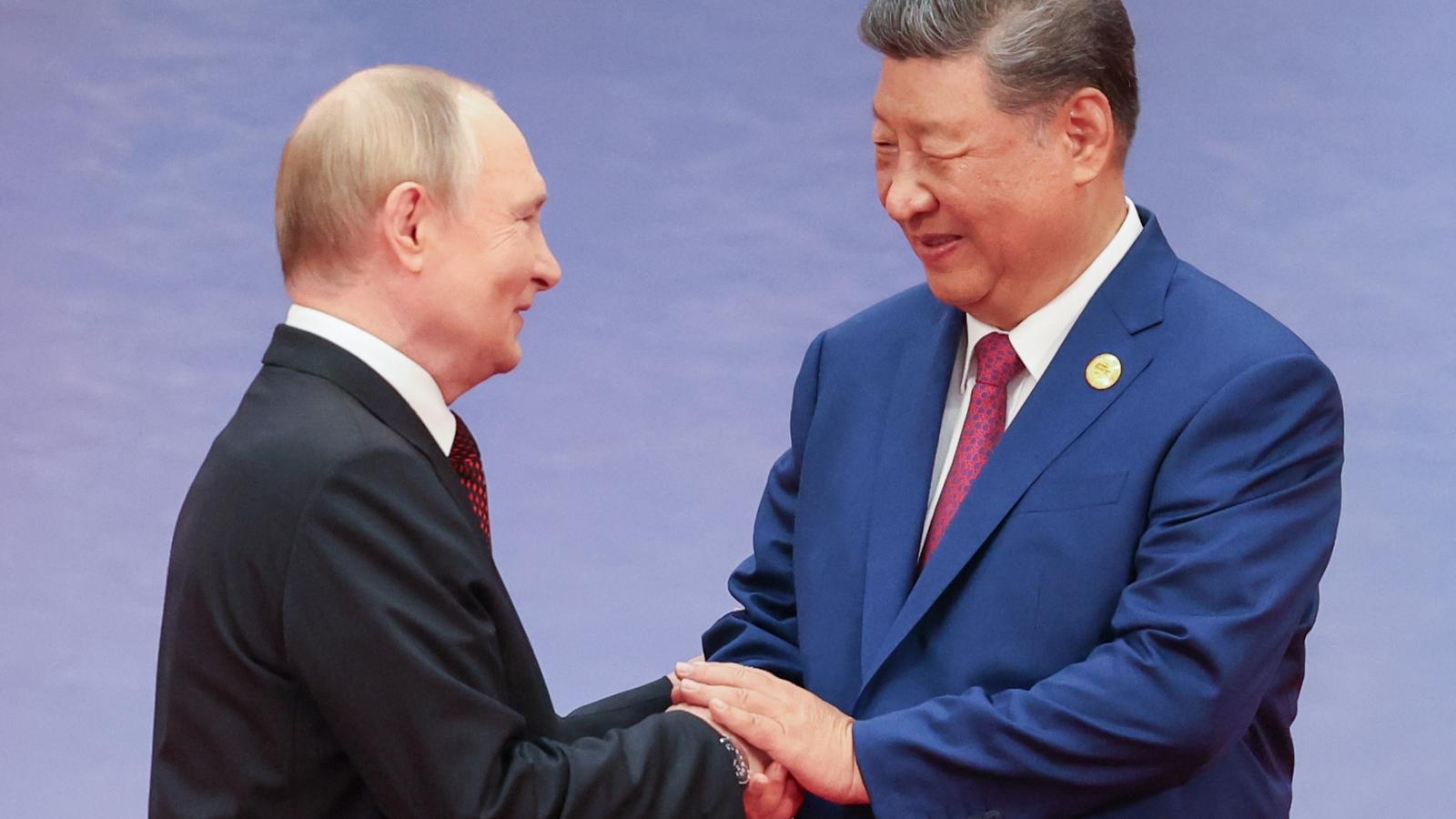Europe, Indo-Pacific, Russia


Against the will expressed by French citizens at the polls, the President of the French Republic, Emmanuel Macron, decided not to allow the formation of a New Popular Front government and instead forced one formed by a combination of right-wing forces. The justification for this dubiously democratic move was to have a stable government that would serve as a guarantee for addressing France's economic problems. A complete success: a year later, the French conservative government has already had two prime ministers: Michel Barnier, the first, had to leave office four months after taking office, when he lost to a double vote of no confidence from the far right and the left, and the current one, François Bayrou, also finds himself in an uncertain situation. An example of stability and solvency, indeed. It seems that today, even the European right is no longer what it used to be.
We can confirm this in Germany, where Chancellor Friedrich Merz is pushing a regressive agenda that even proposes a return to military service, possibly compulsory depending on how things go. Militarization, uncertainty, imbalances, economic precariousness. The Merz and Bayrou governments act as a cordon sanitaire around the far right of the National Regroupment and Alternative pour Deutschland, respectively, but at the same time they copy many of their attitudes and prescriptions, thus becoming paradigmatic of the impasse in which the European Union finds itself, and its progressive loss of influence and power.
In contrast to this situation, the Shanghai Cooperation Organization summit being held these days in the Chinese city of Tianjin aims to show, and succeeds in showing, a reality opposite to that of Europe. Strength, drive, vigor, capacity and will to expand and confront the West: in the US, a fickle and irascible Trump who plays trade wars on the back of a cowboy diplomacy a shabby, and of course to a servile EU. In contrast, Xi Jinping addresses the nations of the Indo-Pacific (particularly India and its president, Narendra Modi), and also Russia (Putin attends the summit as a guest of honor) to promise prosperity, expansion, leadership, and modernity, while lamenting the "siege mentality" of the West. It's been a few years since a Chinese leader let slip that China didn't need to wage wars to dominate the world.
It is good to remember (I recommend again reading the recent book Indo-Pacific: The axis of global geopolitics, by the Mallorcan diplomat Juan Manuel López Nadal) that the Indo-Pacific region, in addition to China and India, includes almost ninety countries, with more than half of the planet's population and two-thirds of global GDP. Ursula von der Leyen's plane, forced to land due to what all indications are Russian interference, is a sufficiently graphic example of a more than possible shift in geopolitical centrality.
